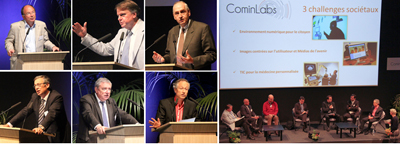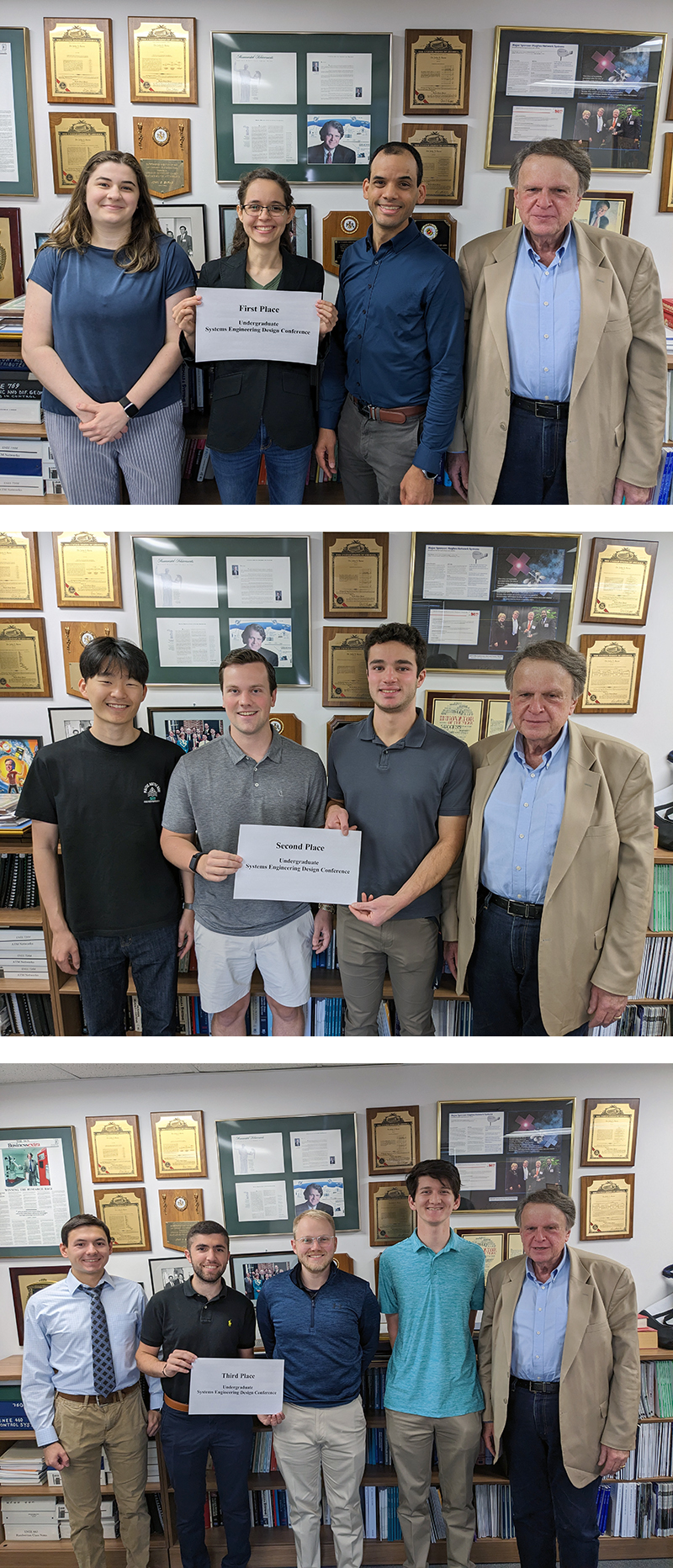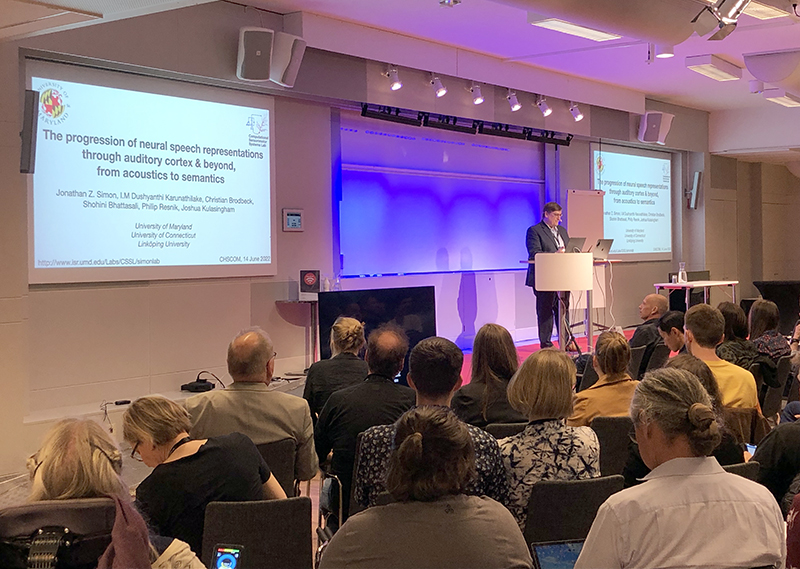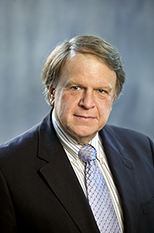News Story
Baras delivers keynote lecture at GE Global Research Controls Symposium
From Sept. 21–23, Professor John Baras (ECE/ISR) visited the General Electric Central Research Laboratories, in Niskayuna, New York, at the invitation of ISR Strategic Advisory Council member Dr. Paul Houpt of GE. Baras participated in the 2011 GE Global Research Controls Symposium and delivered a keynote lecture on Sept. 22.
Baras spoke on “Control Science and Engineering: Providing Foundations for the Emerging Model-Based Systems Engineering Discipline.” He presented the emerging framework for model-based systems engineering (MBSE) that consists of an integrated modeling hub and various application methods and tools including tradeoff analysis via optimization. At the center of the integrated hub the recently developed and adopted SySML is used as both a system architecture language and as an integration catalyst.
Baras argued that systems and control methodologies, together with their associated analytical, numerical and modeling frameworks, provide excellent foundations for this emerging framework. He also presented very brief descriptions of recent applications to robotics, communication networks, commercial aircraft, automotive, MEMS, nanosystems, sensor networks, energy efficient buildings, power grids, network security, manufacturing and healthcare. He closed his lecture with a list of key R&D challenges ahead.
Dr. Baras met with GE researchers and officers, visited specific laboratories, and extensively discussed collaboration plans between GE Global Research and ISR in several of the areas of the symposium. The visit and presentation could lead to increased collaboration between GE Global Research and ISR in several technical areas.
More than 200 GE researchers participated in the Symposium, from 19 GE businesses and laboratories and nine countries. The symposium covered a variety of research topics related to systems and controls including: electrical technologies and systems, flight controls and vehicle management systems integration, advanced building control systems, phasor estimation and wide-area controls in large power grids, fuel optimal and advanced aircraft flight controls in uncertain environments, model-predictive control for plants and factories, model-based control for water treatment systems and wind turbines, model-based control of aircraft and rotorcraft turbine engines, sensor networks and sensor placements, control of electrical vehicles, control techniques for network protocols, signal processing-sensing-controls for medical instruments, system of systems architecture, control systems simplification, sensor technologies for energy, engine control software, safety critical aerospace systems, multi-core processor architectures for control systems.
Published September 24, 2011







